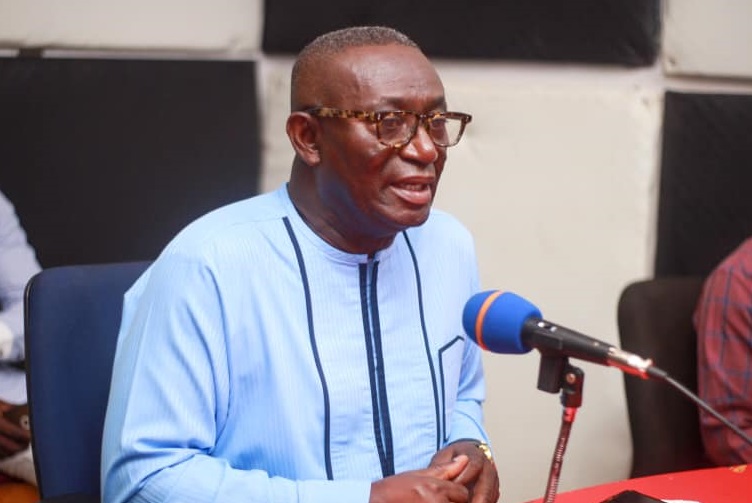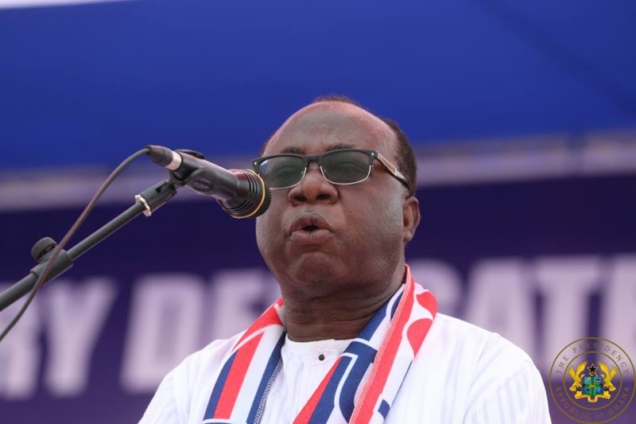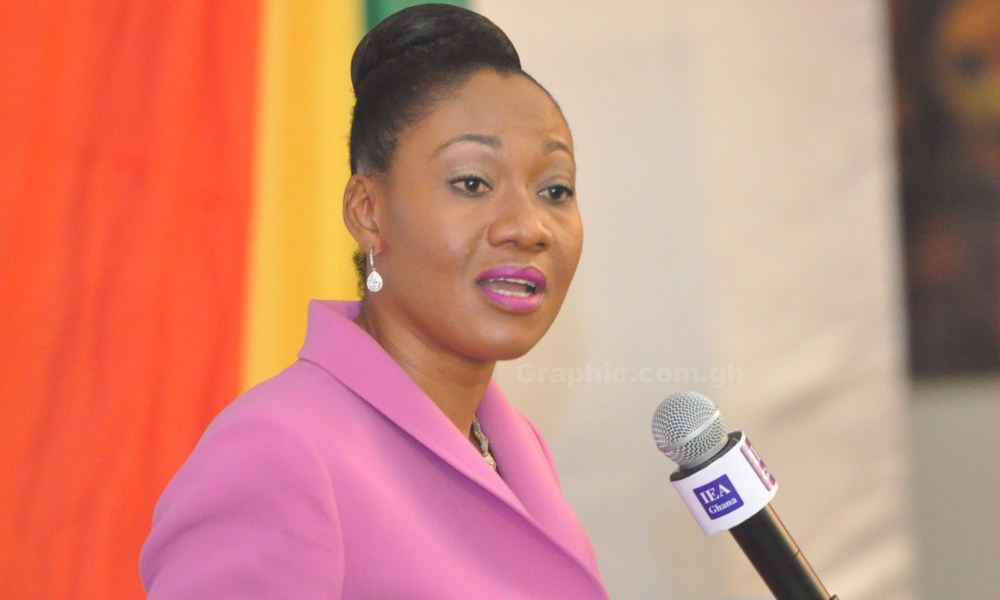Speaker of Parliament Alban Bagbin has emphasized that parliamentary candidates whose results were overturned by the Supreme Court on Friday, December 27, 2024, are not eligible to take the oath of office as Members of Parliament.
According to Bagbin, the Supreme Court’s decision aligns with his position that the proclamation of these candidates as MPs-elect was “illegal.”
The re-collated results for the Okaikwei Central, Ablekuma North, Tema Central, and Techiman South constituencies were declared invalid due to procedural errors.
This ruling followed a legal challenge by the National Democratic Congress (NDC), which contested a High Court decision on December 20 that directed the Electoral Commission (EC) to re-collate results in nine disputed constituencies.
The NDC vehemently opposed the High Court’s directive, arguing that it lacked legal merit and undermined the credibility of the electoral process. The Supreme Court’s subsequent decision appears to have validated these concerns, overturning the re-collated results and calling the entire process into question.
In his remarks to Parliament on Saturday, Bagbin underscored that “no person declared MP-elect through illegal means should be allowed to take the oath of office.” This position, he argued, ensures the sanctity of Ghana’s democratic and legal processes.
However, checks by MyNewsGH reveal a procedural nuance that complicates the Speaker’s statement.
In Ghana, Members of Parliament (MPs) are sworn into office by the Clerk of Parliament during the first sitting of a new Parliament. The Clerk is responsible for administering the oath of allegiance and the MP’s oath to all those declared elected by the Electoral Commission.
Our findings indicate that this step typically precedes the election of the Speaker and Deputy Speakers.
Once sworn in, MPs officially begin their legislative duties. Thus, a critical question arises: if the candidates from the invalidated constituencies had already taken the oath based on their prior declaration, could they retroactively lose their status as MPs?
Bagbin’s stance could be seen as consistent with the Supreme Court’s ruling, provided these individuals had not yet been sworn in. However, if the oath had already been administered, unseating them would require additional legal and parliamentary measures, raising questions about whether Bagbin’s statement oversimplifies the procedural realities.
Ultimately, while Bagbin’s speech reinforces the Supreme Court’s ruling on the invalidity of the results, it also opens up a broader debate about the interplay between legal decisions and parliamentary processes.



